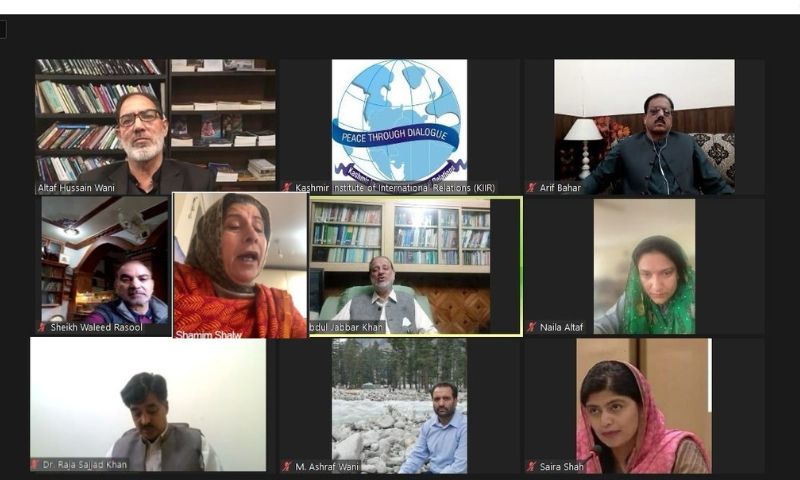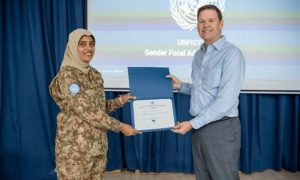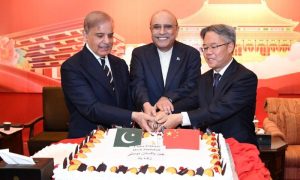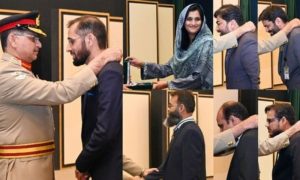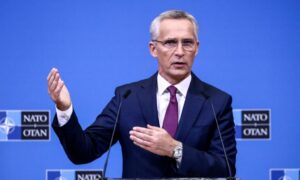MIRPUR: The Kashmir Institute of International Relations (KIIR) organized an insightful webinar to pay tribute to the victims of the Jammu Massacre that occurred on November 6, 1947.
The event, skillfully moderated by KIIR Chairman Altaf Hussain Wani, brought together distinguished speakers to delve into the tragic events of the past and their contemporary relevance.
During the webinar, prominent speakers, including Sardar Attique Ahmed Khan, former Prime Minister of Azad Jammu and Kashmir (AJK), stressed the necessity of establishing a comprehensive database covering individuals from the state of Jammu and Kashmir, immigrants in Pakistan, Kashmiris abroad, and people from Gilgit Baltistan. This initiative is vital to counter India’s persistent attempts to manipulate demographics in Indian Illegally Occupied Jammu and Kashmir (IIOJK).
Holocaust Parallels in Jammu Massacre
Arif Bahar, a seasoned journalist, provided a historical context for the Jammu Massacre, drawing parallels with the Holocaust, and underscored the significance of encouraging young researchers to explore this critical subject.
Shamim Shawl, a senior leader of the Hurriyat movement, paid heartfelt tributes to the Kashmiri martyrs who have consistently displayed unwavering determination by sacrificing their lives and property for the cause of their homeland’s freedom.
Dr. Sajjad Khan, Chairman of the Kashmir Policy Research Institute, dispelled common misconceptions among the youth of Kashmir and highlighted the striking resemblance between the allegations made by sub-nationalists and the baseless petition filed by India against Pakistan in the United Nations in 1948.
Dr. Waleed Rasool discussed India’s strategy of delaying the transition from military occupation to annexation, as evidenced by the unilateral move on August 5, 2019, and explored the available options.
Dr. Ashraf Wani shed light on the enduring struggle of Kashmiris for their freedom, spanning over seven decades, and delineated its various phases.
Naila Altaf Kayani, a human rights advocate from Azad Kashmir, delved into the presence of Patiala forces in Kashmir long before the controversial accession agreement between India and the Maharaja of Kashmir.
This enlightening webinar drew a diverse audience, including a substantial number of students and members of civil societies from various locations, such as Tashkent, Islamabad, Karachi, and Azad Jammu Kashmir.
The event served as a potent platform for informed dialogues, historical retrospection, and the pressing need to address the ongoing challenges faced by the people of Jammu and Kashmir. Other speakers who contributed to the discussion included Dr. Saira Shah and Muhammad Shahzad Khan.









